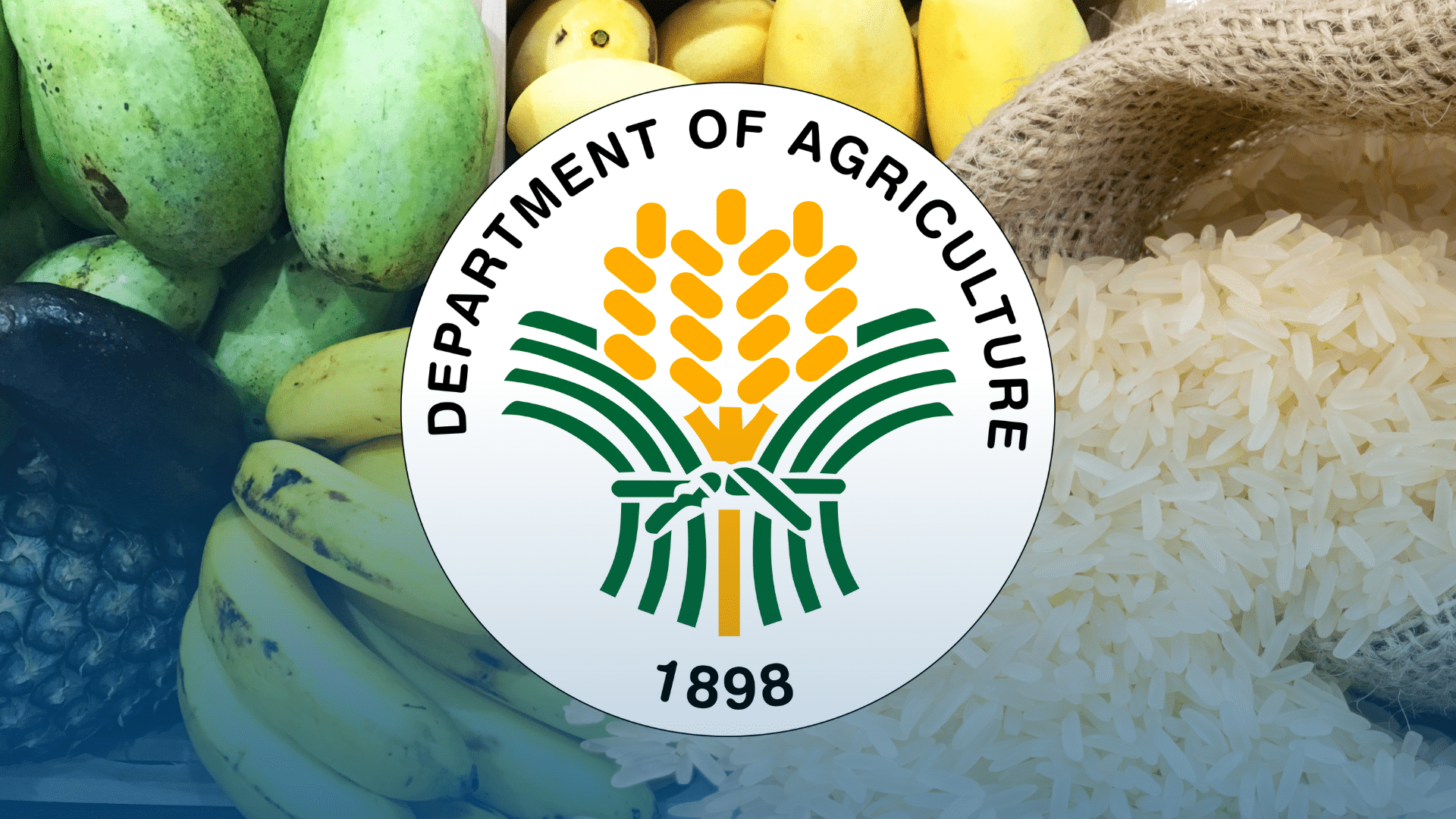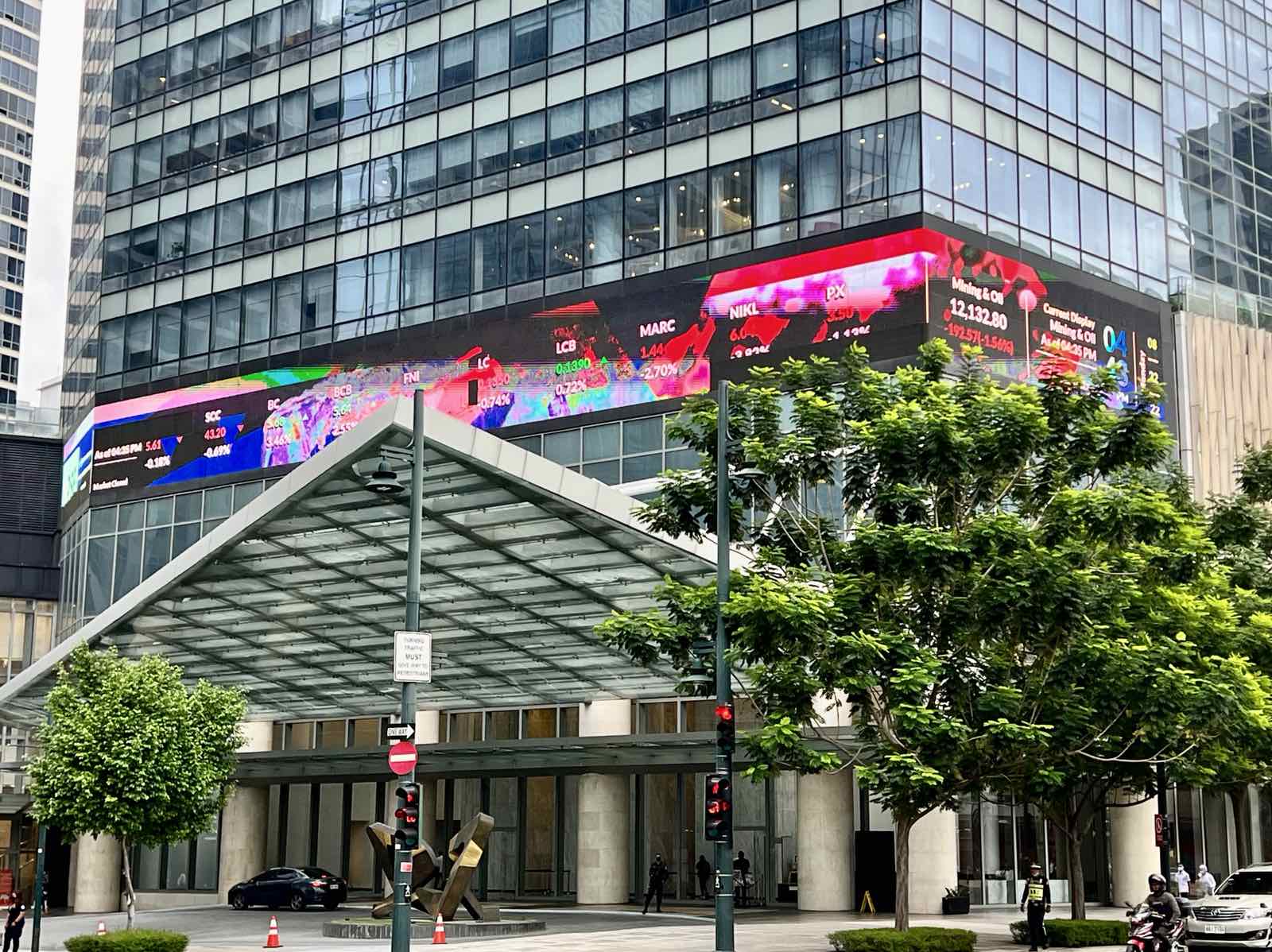
THE Bangko Sentral ng Pilipinas (BSP) has told banks to enhance their due diligence checks amid rising money laundering and terrorist financing concerns.
In a June 20 memorandum to all BSP Supervised Financial Institutions (BSFIs), the central bank said that while there were generally established risk management policies, areas for improvement included the use of a "control lens," adopting a multi-pronged approach to collecting information, and reinforcing a risk-based verification approach.
"As BSFIs deal with multitudes of customers, including legal persons and their financial transactions, a holistic process to identify BOs (beneficial ownership) is crucial," the central bank said.
The identification process should consider identifying the "control prong" or those who exercise significant say over the legal entity/customers.
"Understanding the management and governance structure of a corporate client may help in identifying who has the ultimate effective control of the client," the BSP said.
It also stressed that BSFIs should use a multi-faceted approach, gathering information from customer declarations, registries and other sources and adopting a risk-based verification process.
The central bank emphasized that effective implementation of these approaches would require strong support from the board of directors and senior management.
It highlighted the need to adopt necessary policies, systems, or process improvements to protect BSFIs from money laundering (ML), terrorist financing (TF) and proliferation financing (PF) risks associated with the misuse of legal entities.
"BSFIs are urged to consider this Guidance Paper in benchmarking, refining and implementing bespoke policies and controls on beneficial ownership due diligence as part of their overall ML/TF/PF risk mitigation strategy," the BSP said.
It noted that based on a poll of banks and trust entities, their juridical customers predominantly consisted of resident firms, 96 percent of which were corporations and 4 percent partnerships.
Most were incorporated in the Philippines (99.6 percent), while less than 1 percent are foreign entities incorporated in the United Kingdom, the United States, Hong Kong and Singapore.
As for the nature of their businesses, 63 percent are into wholesale/retail trading, 24 percent are in the construction business, 11 percent are nongovernment organizations, and 2 percent are in the petroleum industry.
Read The Rest at :



